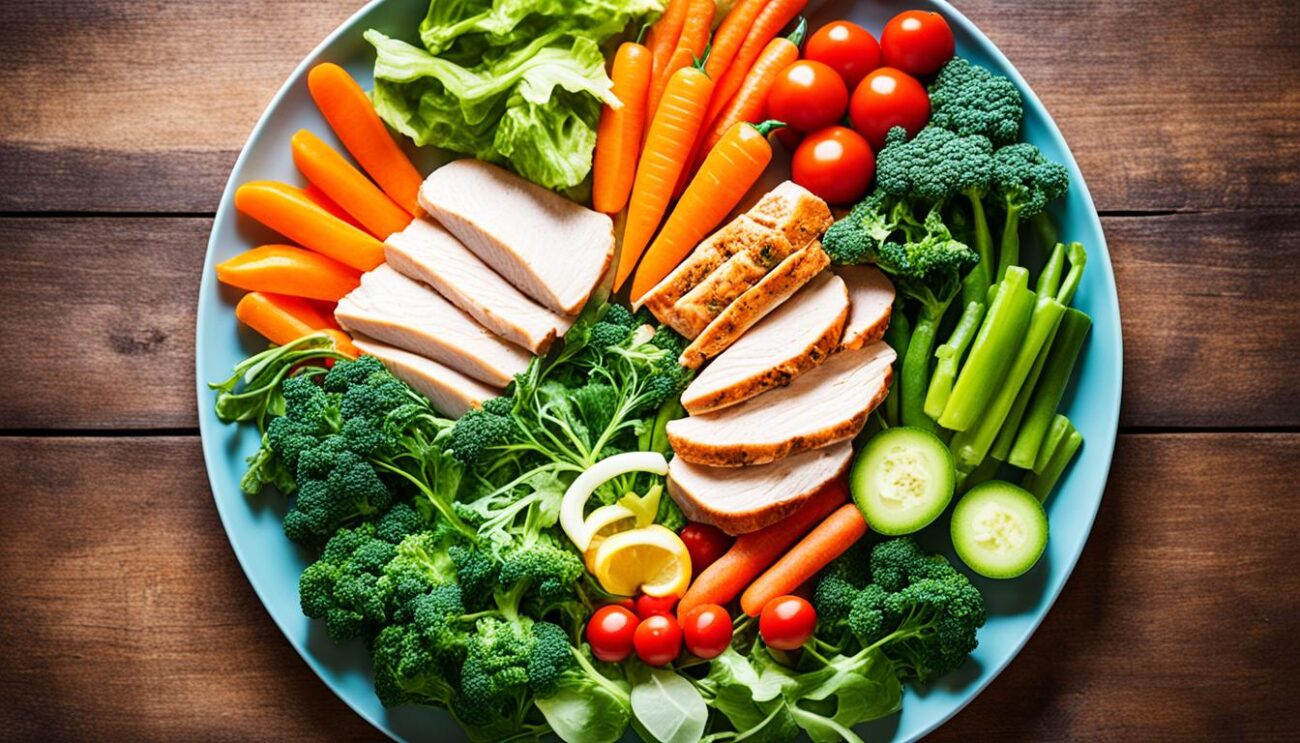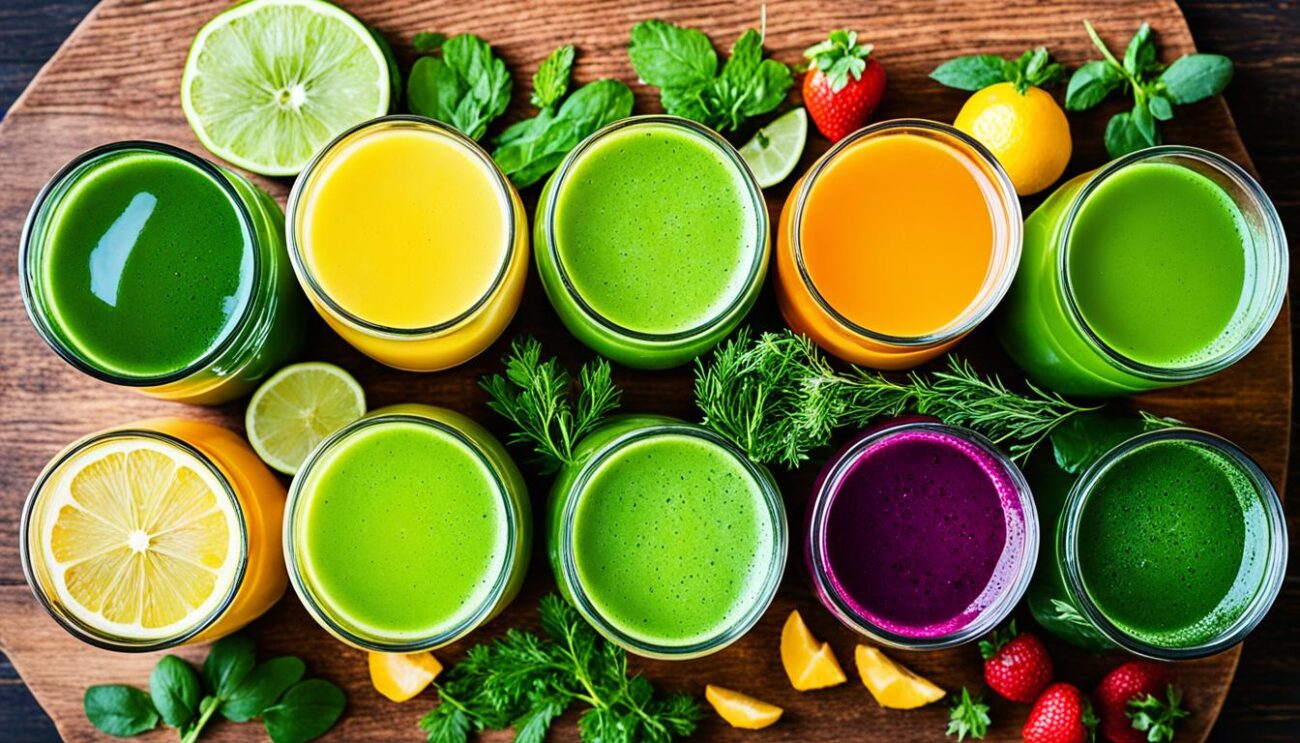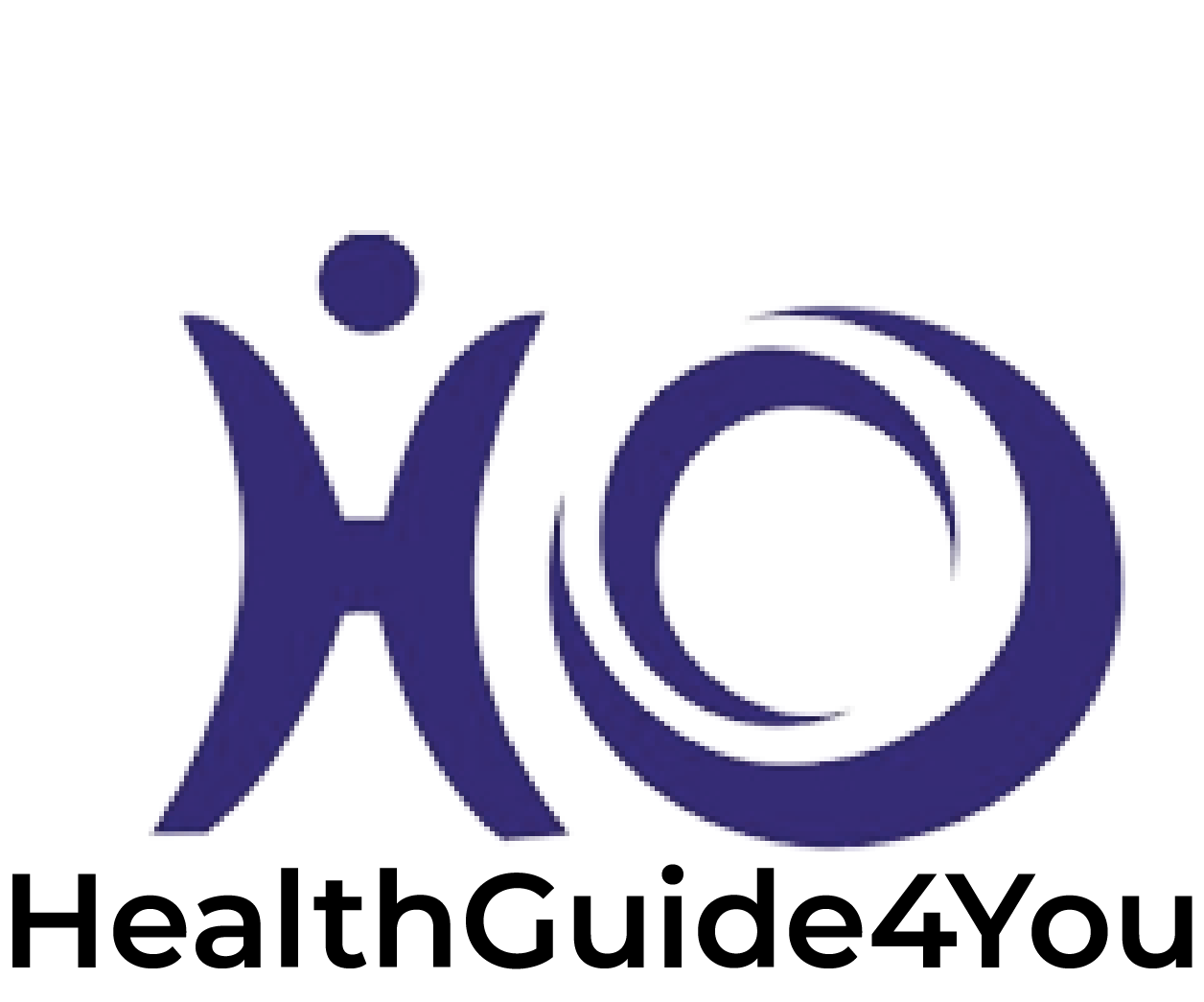
Fatty liver disease affects about 100 million Americans, making it a common health issue. But, you can beat this condition with the right diet and lifestyle changes. This guide will show you how to use diet and nutrition to fight fatty liver disease.
Key Takeaways
- Fatty liver disease is often accompanied by insulin resistance.
- Omega-3 fatty acids found in fish, nuts, and leafy greens can benefit the liver.
- Saturated fats from processed foods, red meat, and fried items should be limited.
- Antioxidants can help protect liver cells from damage.
- Gradual weight loss of 1-2 pounds per week is recommended for fatty liver patients.
Are there any specific diets or foods that can help reverse fatty liver disease?
Yes, certain diets and foods can help reverse fatty liver disease. Focus on foods that are rich in nutrients and fight inflammation. This supports liver health and metabolism.
The Mediterranean diet is a top choice for fatty liver disease. It’s full of whole grains, lean proteins, healthy fats, and lots of veggies. Studies show it’s great for improving fatty liver disease. In fact, it beats other diets in making fatty liver better.
Adding omega-3 fatty acids to your diet is also a good idea. You can find them in fish, fish oil, nuts, and leafy greens. These fats help make insulin work better and reduce liver fat. Foods with monounsaturated fats like olive oil, avocados, and nuts are also good.
It’s important to cut down on saturated fats. These are in red meat, full-fat dairy, and fried foods. They can hurt your liver more. Also, eating less added sugar and refined carbs is key. These can make insulin resistance and fatty liver worse.
A balanced, anti-inflammatory diet with whole foods is best for fighting fatty liver disease. By eating this way, you can support your liver and maybe even reverse the condition.
| Recommended Foods | Foods to Limit |
|---|---|
|
|
“To ensure significant resolution or cure of fatty liver disease, experts suggest losing approximately 7%–10% of body weight.”
The Mediterranean Diet: A Liver-Friendly Choice
The Mediterranean diet is a popular eating pattern known for its health benefits, including supporting liver health. It focuses on whole foods from the traditional diets of countries near the Mediterranean Sea.
Key Components of the Mediterranean Diet
This diet is all about eating lots of plant-based foods, such as:
- Fruits and vegetables
- Whole grains
- Beans, legumes, and nuts
- Olive oil as the primary source of fat
It also suggests eating fish and seafood often and less red meat, processed foods, and sweets.
Benefits of the Mediterranean Diet for Fatty Liver Disease
Studies show the Mediterranean diet can help people with fatty liver disease. A study with 548 people found it can prevent NAFLD. Another study with 3,220 adults in Iran linked it to a lower risk of NAFLD.
The diet’s focus on healthy fats can improve cholesterol and help with weight management, which is key for fatty liver disease. Its high fiber from whole grains, fruits, and vegetables can make you feel full and aid in weight loss, which is good for the liver.
Following this diet can also make insulin more effective and help control blood sugar, which is important for fatty liver disease. The diet’s antioxidants from fruits, vegetables, and herbs may reduce inflammation and oxidative stress, which can help prevent fatty liver disease.
“Following a Mediterranean diet paired with exercise led to a significant reduction of liver fat in a study including 294 participants.”
In summary, the Mediterranean diet’s focus on plant-based foods, healthy fats, and balanced nutrients makes it a great choice for managing or preventing fatty liver disease.
Plant-Based Foods and Healthy Fats
The Importance of Plant-Based Nutrition
Eating more plant-based foods can really help people with fatty liver disease. Foods like fruits, veggies, whole grains, nuts, and beans are full of fiber, antioxidants, and complex carbs. These can make insulin work better and help reduce liver fat. Research shows that eating more plants can even help fix non-alcoholic fatty liver disease in older people. Also, more people in the Netherlands are trying plant-based supplements, showing growing interest.
Healthy Fats for Liver Health
Healthy fats are also key for a healthy liver. Omega-3 fatty acids in fish, fish oil, some oils, nuts, and flaxseeds help insulin work better. This stops the liver from making and storing too much fat. But, it’s important to eat less saturated fats from meats and dairy, as they can add to liver fat. Soy protein and coffee have been shown to help reduce liver fat and lower the risk of liver problems.
By eating a diet full of plants and healthy fats, people with fatty liver can greatly improve their liver health and overall health.
Liver-Friendly Beverages

If you have fatty liver disease, you might wonder what drinks are good for your liver. Luckily, some drinks can help support liver health and even reverse fatty liver disease.
Coffee is a surprising choice for liver health. Studies show that drinking coffee can lower the risk of nonalcoholic fatty liver disease (NAFLD). Experts suggest having up to three cups of coffee daily. The antioxidants in coffee can improve liver function and reduce inflammation.
Green tea is also great for those with fatty liver disease. It’s full of antioxidants that protect the liver. Try adding a few cups of green tea to your daily routine for liver health.
Avoid sugary drinks like regular soda, as they can add more fat to the liver. Instead, choose water, unsweetened tea, or coffee to keep your liver in good shape.
| Liver-Friendly Beverages | Benefits |
|---|---|
| Coffee | Reduces the risk of NAFLD, improves liver function, and reduces inflammation. |
| Green Tea | Rich in antioxidants that provide liver-protective benefits. |
| Water | Helps flush out toxins and supports overall liver health. |
Switching to liver-friendly drinks is a big step towards improving your liver health. A balanced diet and regular exercise can also help manage fatty liver disease.
Antioxidants and Supplements for Liver Support
If you’re dealing with fatty liver disease, adding foods and supplements rich in antioxidants can help your liver. Foods like coffee, green tea, garlic, berries, and olive oil are great choices. They can make a big difference in your liver health.
Antioxidant-Rich Foods for Liver Protection
Studies show that eating foods full of antioxidants can protect your liver and improve its function. For example, a 2021 study found that drinking 3-4 cups of coffee daily can lower the risk of chronic liver disease. Green tea has also been linked to lower liver enzymes, as seen in a 2020 review. Eating 800mg of raw garlic daily can help reduce fat in the liver, especially for those with NAFLD.
Berries like blueberries and cranberries are full of antioxidants that can protect the liver, based on animal studies. Grapes, especially the seeded kind, can help with severe liver issues, as a 2022 study showed. Grapefruit, with its naringin and naringenin, can also protect the liver, as a 2019 study found.
Eating plant-based foods, like whole grains, vegetables, nuts, and legumes, can lower the risk of NAFLD and reduce liver fat, a 2023 study suggests. Fatty fish and fish oil supplements can also help lessen NAFLD’s effects, as a 2021 study found. Olive oil, with its unsaturated fats, can reduce oxidative stress and improve liver function, a 2019 study showed.
However, some foods can be bad for the liver, like fatty foods, processed starches, sugary snacks, and alcohol. These are hard for the liver to handle.
While these foods can support your liver, talk to a healthcare provider before adding supplements. Supplements like goji berry, resveratrol, selenium, milk thistle, and berberine might help liver health. But, they could also interact with other medicines or health conditions, so be careful.
“Adding antioxidant-rich foods and supplements to your diet can be a powerful way to support your liver health and possibly reverse fatty liver disease.”
Weight Management and Exercise
Keeping a healthy weight is key to beating fatty liver disease. Losing 5-10% of your body weight can really help lower liver fat and reduce inflammation. Experts suggest losing 7 to 10 percent of your body weight over a year for those who are overweight or obese with fatty liver. But, losing weight too fast through fasting is not good and can make things worse.
The Role of Weight Loss in Reversing Fatty Liver Disease
Carrying extra weight, especially around the belly, increases the risk of getting fatty liver disease. In fact, fatty liver affects about 75% of those who are overweight and 90% of those who are severely obese. Losing just 3 to 5 percent of your body weight can cut down liver fat, and losing 7 percent can also lessen inflammation.
Incorporating Exercise into Your Routine
Exercise is vital for a healthy life and can boost liver health. Try to do at least 30 minutes of aerobic activity, like walking, swimming, or cycling, most days. Adding resistance training 3 times a week can also help reduce liver fat and improve liver function. Remember, you don’t need intense exercise; moderate activity is good enough for your liver.
By slowly changing your diet and exercise habits, you can help reverse fatty liver disease and get healthier.
| Compliant Foods | Non-Compliant Foods |
|---|---|
|
|
“Losing 10% of body weight is linked to improvement in fibrosis in the liver.”
Managing Diabetes and Other Comorbidities
If you have fatty liver disease, it’s key to look after any other health issues, like diabetes. Diabetes that’s not under control can make fatty liver worse. So, it’s important to keep an eye on your blood sugar and stick to your treatment plan. Also, keeping high cholesterol and triglycerides in check with a good diet, exercise, and meds if needed helps your liver and stops fatty liver from getting worse.
Studies show that fatty liver disease affects many people worldwide, from 6.3% to 33%. It’s also common in people with type 2 diabetes, even if their liver tests look okay. Losing weight and changing your lifestyle can help lessen liver fat and improve liver health.
| Condition | Prevalence in Fatty Liver Disease | Management Strategies |
|---|---|---|
| Diabetes | High prevalence | Closely monitor blood sugar, follow treatment plan, weight loss, and lifestyle modifications |
| High Cholesterol and Triglycerides | Common comorbidity | Healthy diet, regular exercise, and medications (if necessary) |
By tackling these health issues and changing your lifestyle, you can handle your fatty liver better. Remember, taking care of your whole health is the best way to manage this condition.
Lifestyle Changes for Liver Health

To reverse fatty liver disease, focus on making lasting lifestyle changes, not just diet changes. Eat more plants, move often, sleep well, and manage health issues like diabetes. A dietitian can help create a plan you can follow long-term, which is crucial for healing and preventing more damage.
Creating a Sustainable Approach
Managing fatty liver means adopting a sustainable lifestyle. Aim for slow, lasting changes you can keep up with, not quick fixes. Begin with small steps that fit easily into your daily routine.
- Eat more fruits, veggies, and fiber-rich foods.
- Choose more fish and cut down on bad fats.
- Reduce carbs and sugar.
- Stay away from alcohol to protect your liver.
- Exercise regularly, aiming for 30 minutes a day.
- Control health issues like diabetes with meds and lifestyle changes.
Your journey to a healthy liver is long-term. Slow, steady changes can help you beat fatty liver disease and keep your liver healthy for a long time.
Remember, small, steady steps can greatly improve your liver health. With the right advice and a commitment to lasting changes, you can manage your fatty liver and boost your health.
Conclusion
The best way to fight fatty liver disease is by changing your diet and lifestyle, not just using medicine. Eating a Mediterranean-style diet full of plants, healthy fats, and antioxidants is key. Also, exercising regularly and keeping a healthy weight are important. Managing conditions like diabetes and checking on your liver health helps too.
Studies show that changing your diet and lifestyle works well. For people with type 2 diabetes, about 55% had fatty liver disease. But, losing weight through lifestyle changes helped about 60% of people with nonalcoholic steatohepatitis. This shows we need a full plan to fight fatty liver disease, including healthy eating and exercise.
By following the advice in this article, you can fight fatty liver disease and protect your liver. Eating a Mediterranean-style diet and making lifestyle changes can help improve your liver health and lower the risk of serious problems. Your liver is crucial for your health, so taking care of it is key to a better life.
